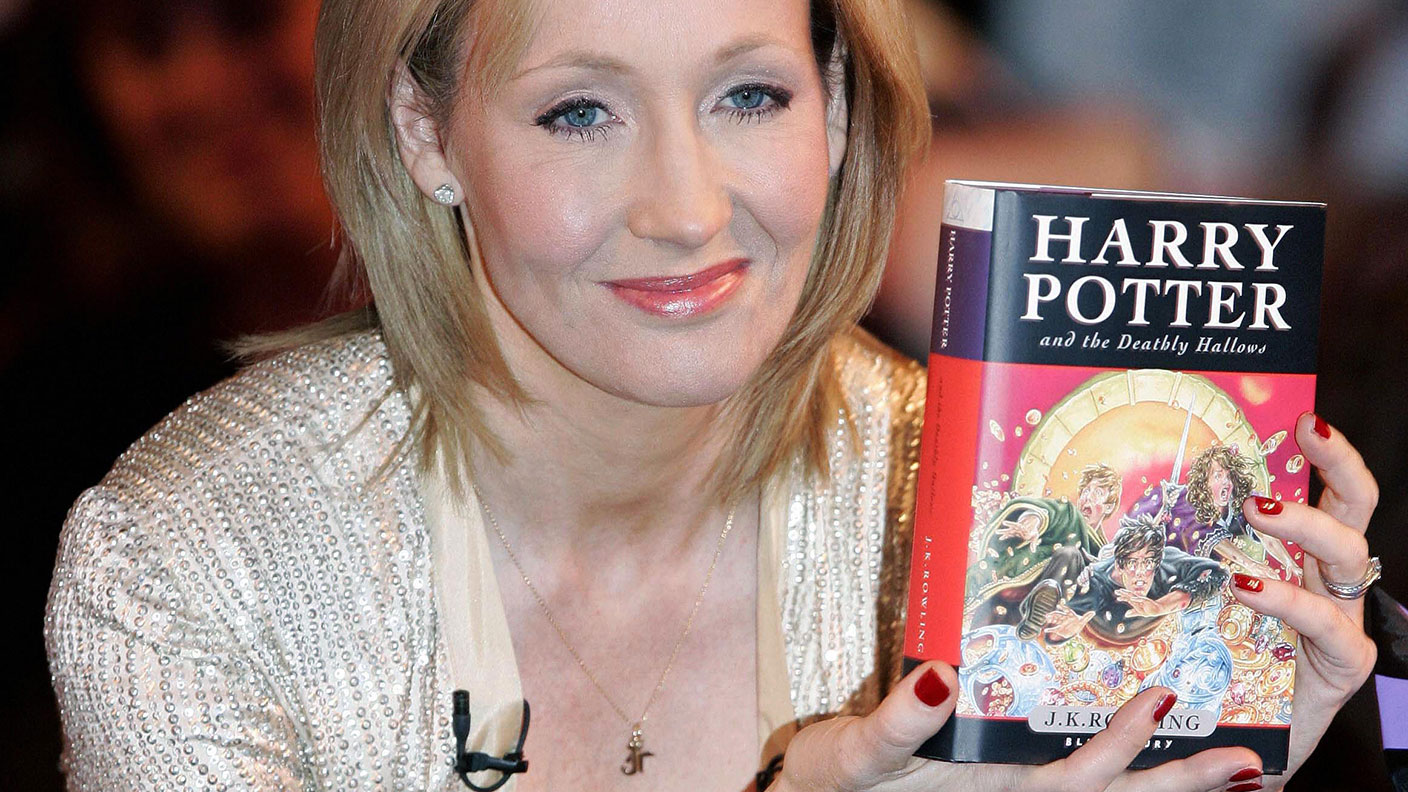21 July 2007: The final Harry Potter book hits the shelves
Harry Potter and the Deathly Hallows, the final instalment in the Harry Potter series, was released on this day in 2007, becoming Britain's fastest-selling book.


Get the latest financial news, insights and expert analysis from our award-winning MoneyWeek team, to help you understand what really matters when it comes to your finances.
You are now subscribed
Your newsletter sign-up was successful
Want to add more newsletters?

Twice daily
MoneyWeek
Get the latest financial news, insights and expert analysis from our award-winning MoneyWeek team, to help you understand what really matters when it comes to your finances.

Four times a week
Look After My Bills
Sign up to our free money-saving newsletter, filled with the latest news and expert advice to help you find the best tips and deals for managing your bills. Start saving today!
For ten years, Harry Potter fans had been spellbound by the adventures of the boy wizard, whose mission it was to defeat the dastardly Voldemort with the help of school chums Ron Weasley and Hermione Granger. But 21 July 2007 marked a bitter-sweet day in their diaries. For it was on that day that Harry Potter and the Deathly Hallows, the seventh and final novel in the series, hit the shelves.
Since then, author JK Rowling has written the odd Harry Potter short story in aid of charity, but has otherwise set Potter aside. But who knows? Considering how much of a money-spinner Harry Potter has been since making his debut in 1997, who would blame her (perhaps with no small encouragement from her publisher, Bloomsbury) if she were to write an eighth? On its release in Britain, Deathly Hallows was the fastest-selling book in history when 2,652,656 copies were snapped up.
To say the brand has been successful would be a massive understatement. When you factor in the seven novels, eight films, 11 video games, a handful of tourist attractions and more than 400 items of official tat, Statista reckons Harry Potter had generated revenue in excess of $25bn by 2018, with $8.5bn in box office receipts, €7.7bn from books, €7.3bn from toys and €2bn from DVDs. JK Rowling herself has raked in over $1bn – the first author to have done so.
MoneyWeek
Subscribe to MoneyWeek today and get your first six magazine issues absolutely FREE

Sign up to Money Morning
Don't miss the latest investment and personal finances news, market analysis, plus money-saving tips with our free twice-daily newsletter
Don't miss the latest investment and personal finances news, market analysis, plus money-saving tips with our free twice-daily newsletter
That's not bad for an idea that came to Rowling in an idle moment while stuck on a delayed train to Manchester in 1990.
Get the latest financial news, insights and expert analysis from our award-winning MoneyWeek team, to help you understand what really matters when it comes to your finances.

-
 Should you buy an active ETF?
Should you buy an active ETF?ETFs are often mischaracterised as passive products, but they can be a convenient way to add active management to your portfolio
-
 Power up your pension before 5 April – easy ways to save before the tax year end
Power up your pension before 5 April – easy ways to save before the tax year endWith the end of the tax year looming, pension savers currently have a window to review and maximise what’s going into their retirement funds – we look at how